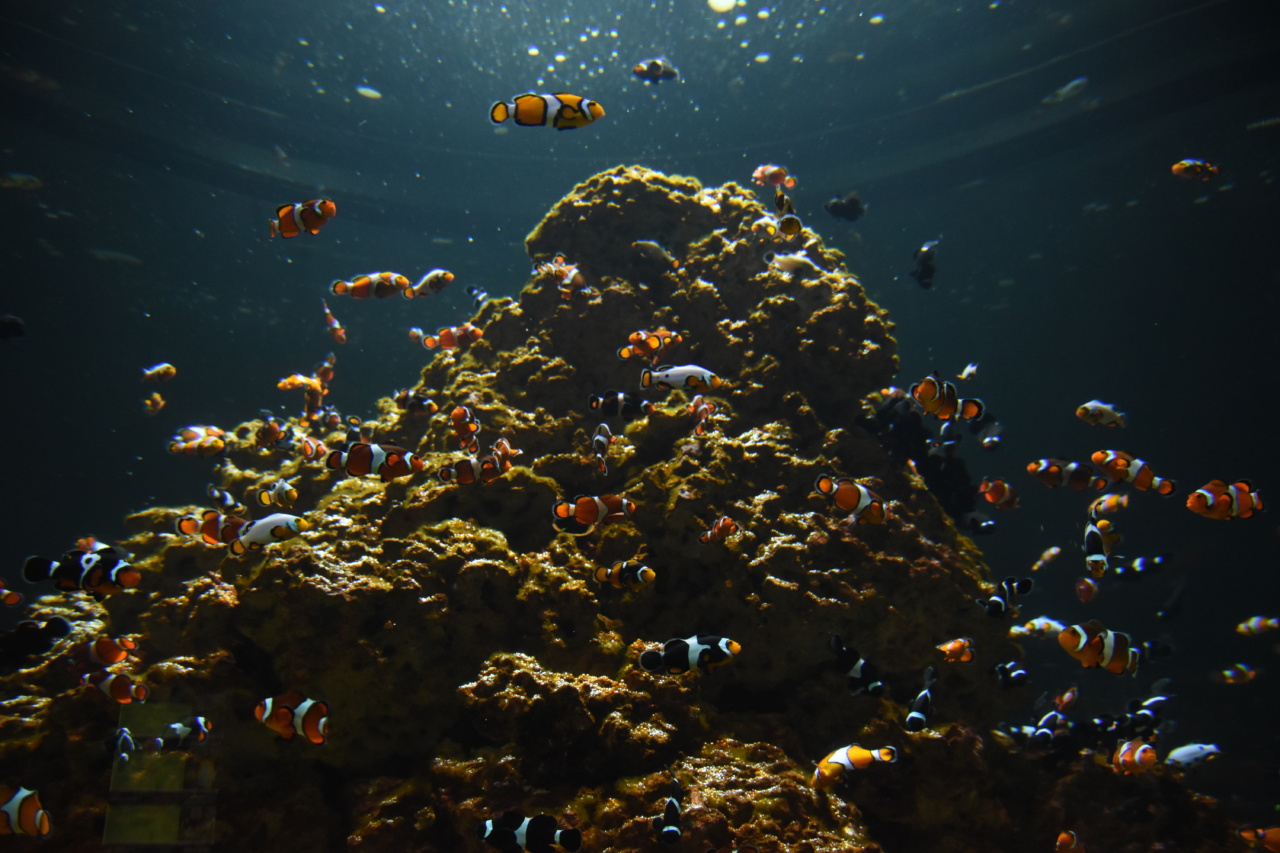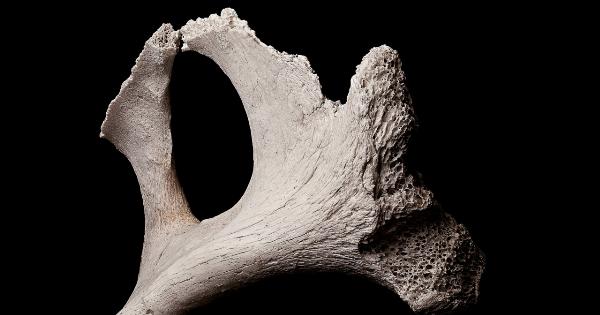The ocean is home to a mesmerizing and diverse ecosystem, teeming with vibrant marine life and awe-inspiring coral reefs.
These coral reefs don’t just dazzle our eyes; they also hold the potential to unlock a groundbreaking discovery in the field of medicine. Scientists are exploring the remarkable properties coral reefs possess that could pave the way for a significant breakthrough in the battle against AIDS.
The AIDS Epidemic
AIDS, short for Acquired Immunodeficiency Syndrome, is a devastating global epidemic caused by the Human Immunodeficiency Virus (HIV).
Since its emergence in the early 1980s, AIDS has claimed the lives of millions of people worldwide, making it one of the most devastating pandemics in history.
Current Treatments and Challenges
While considerable progress has been made in treating and managing HIV/AIDS, no known cure exists. Antiretroviral therapy (ART) has transformed the lives of people living with HIV, drastically reducing the virus levels in their blood.
However, ART is a lifelong commitment and can have various side effects, leading to challenges in adherence and the emergence of drug-resistant strains.
The Pioneering Work of Coral Scientists
In recent years, researchers have turned their attention to coral reefs, investigating the array of natural compounds present in these delicate ecosystems.
These compounds, which corals produce to defend themselves against threats, have shown incredible potential in the field of medicine.
Antiviral Properties of Coral Reefs
Studies have revealed that the chemical defenses employed by corals to protect themselves from pathogens and predators may also possess antiviral properties.
These compounds can inhibit the replication of viruses, including HIV, and block their entry into human cells. Researchers believe that harnessing these properties could lead to the development of novel treatments or even a cure for AIDS.
The Search for Promising Compounds
Scientists are conducting extensive expeditions to coral reefs worldwide, collecting coral samples and screening them for compounds with potential antiviral activity.
Their goal is to find unique molecules that can be transformed into drugs capable of targeting and suppressing HIV more effectively than current treatments.
Unraveling the Complexity of Coral Reefs
One of the challenges in exploiting coral reef compounds is the extraordinary diversity of species found within these ecosystems. Each type of coral produces a distinct set of compounds, adding to the complexity of the research.
Scientists are working tirelessly to identify and isolate the most promising molecules, studying their mechanisms and investigating their potential as therapeutic agents.
Collaboration and Preservation
Coral reef research requires collaboration between scientists, environmentalists, and policymakers.
Protecting these delicate ecosystems from pollution, climate change, and overfishing is crucial to preserving their potential for future medical discoveries. Without sustainable conservation efforts, the opportunity to unlock the secrets of coral reefs may be lost forever.
Hope for the Future
While the journey towards a coral reef-based AIDS cure is challenging, scientists remain optimistic. Every day, new discoveries and advancements propel us closer to finding innovative solutions.
Perhaps, hidden within the colorful depths of our oceans, lies the answer to eradicating AIDS and changing the lives of millions of people living with this devastating disease.






























